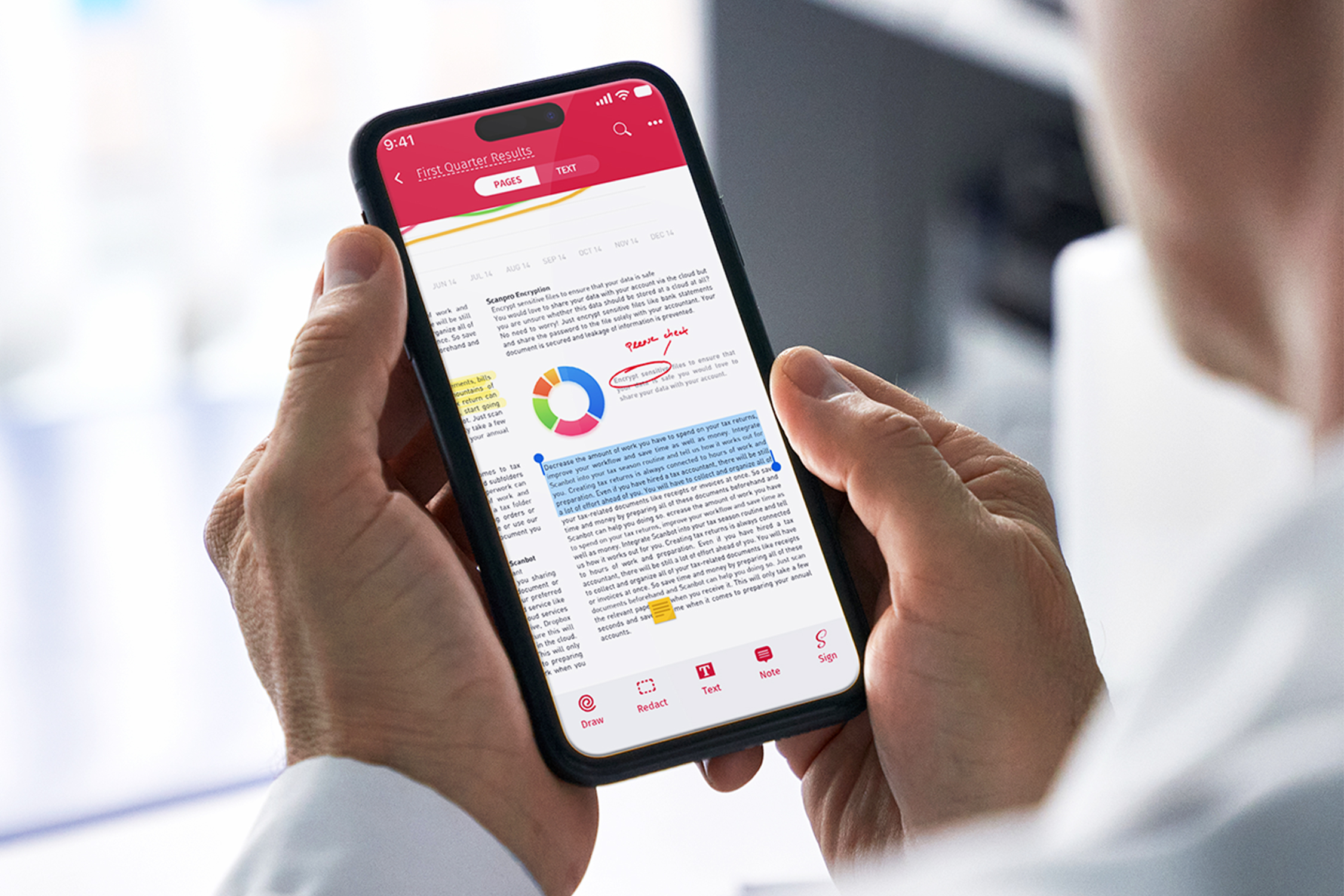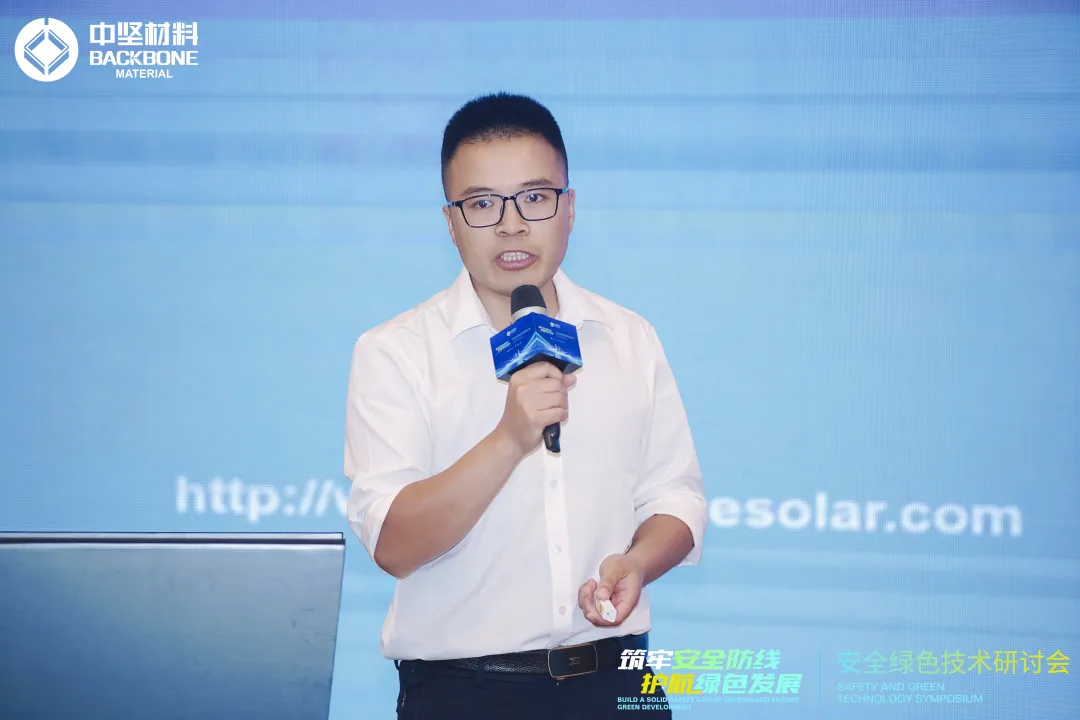Stay Sharp: How Using Tech Could Help Protect Against Dementia in Later Life

As we age, concerns about cognitive decline and diseases like dementia become increasingly common. But new research suggests a surprising ally in maintaining a healthy brain: technology! A recent study has revealed a potential link between regular use of digital devices and a reduced risk of dementia in older adults. Let's dive into the findings and explore how staying connected in the digital world might be safeguarding our cognitive resilience.
The Research: A Promising Connection
The study, published in [Insert Journal Name Here - *replace with actual journal*], followed a cohort of older adults over several years. Researchers meticulously tracked their digital device usage – including smartphones, tablets, and computers – and monitored their cognitive function. The results were compelling: individuals who regularly used these devices demonstrated a lower incidence of dementia compared to those with limited or no technology engagement.
Beyond Just Use: Cognitive Resilience and Connectivity
Crucially, the study wasn't simply about using technology; it was about the impact of that use on the brain. Researchers believe that regular interaction with digital devices strengthens cognitive resilience – the brain's ability to adapt and cope with age-related changes. Furthermore, technology use promotes cognitive connectivity, essentially keeping different parts of the brain communicating effectively. Think of it like this: using a new app, learning a video editing software, or regularly engaging in online social groups all require the brain to forge new connections and reinforce existing ones.
How Technology Benefits Brain Health
- Cognitive Stimulation: Many apps and online platforms offer brain training games, puzzles, and educational content that challenge cognitive skills like memory, attention, and problem-solving.
- Social Engagement: Staying connected with friends and family through video calls, social media, and online communities combats social isolation, a known risk factor for cognitive decline.
- Learning New Skills: Online courses and tutorials provide opportunities to learn new skills, from photography to a new language, keeping the brain active and engaged.
- Navigation and Spatial Awareness: Using GPS and map apps can help maintain spatial awareness and navigational skills.
Important Considerations & Future Research
While these findings are encouraging, it's important to note that this study demonstrates a correlation, not necessarily causation. More research is needed to fully understand the mechanisms behind this potential protective effect. Furthermore, it's crucial to use technology mindfully and avoid excessive screen time, which can have negative health consequences. The key is to find a healthy balance and integrate technology in a way that promotes cognitive engagement and social connection.
The Bottom Line: Embrace Technology for a Healthier Cognitive Future
The message is clear: staying digitally engaged may be a valuable tool in the fight against dementia. By embracing technology in a mindful and purposeful way, older adults can potentially strengthen their cognitive resilience, maintain brain connectivity, and enjoy a sharper, healthier cognitive future. Don't shy away from the digital world – it might just be the key to staying sharp for years to come!






